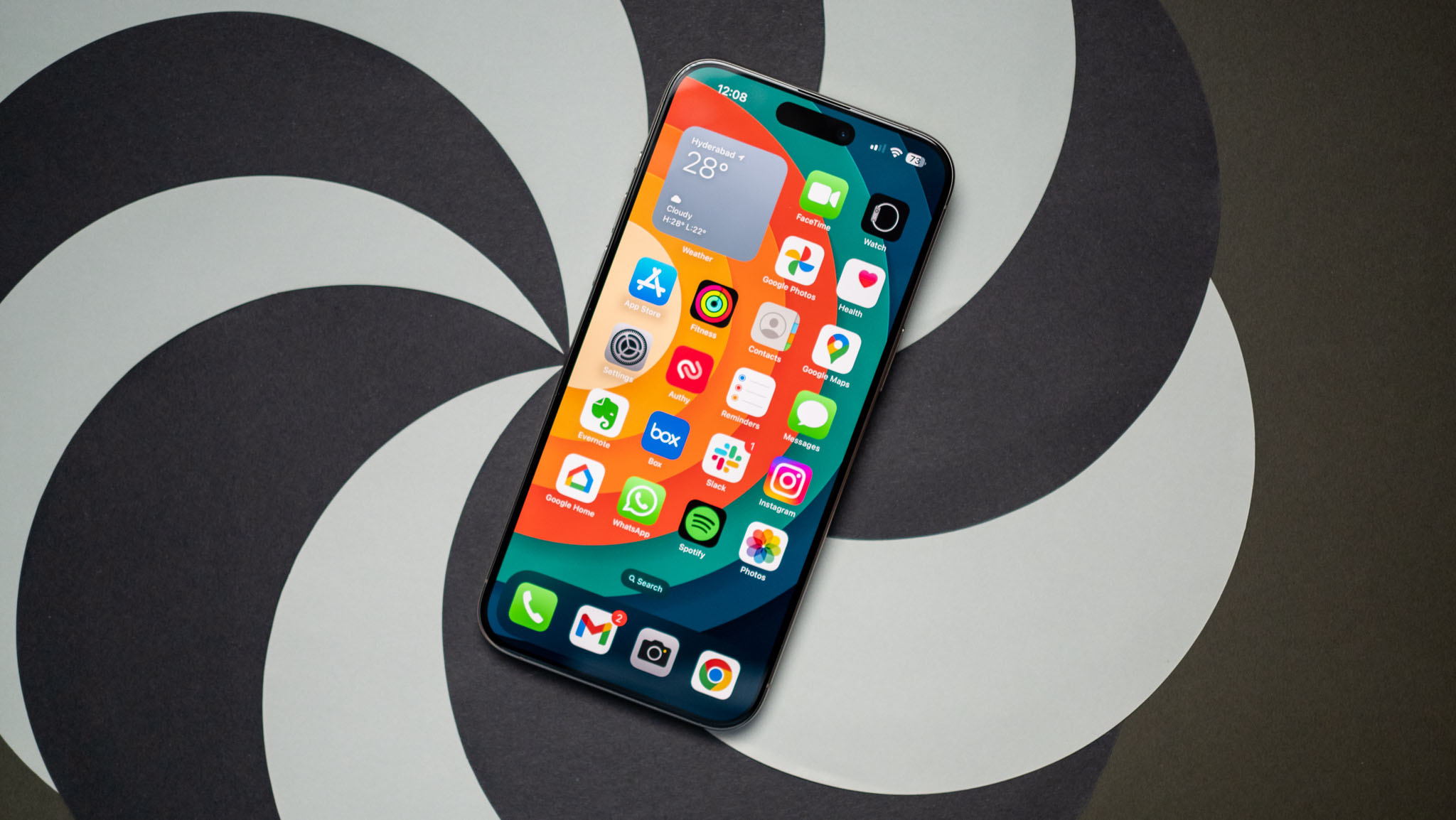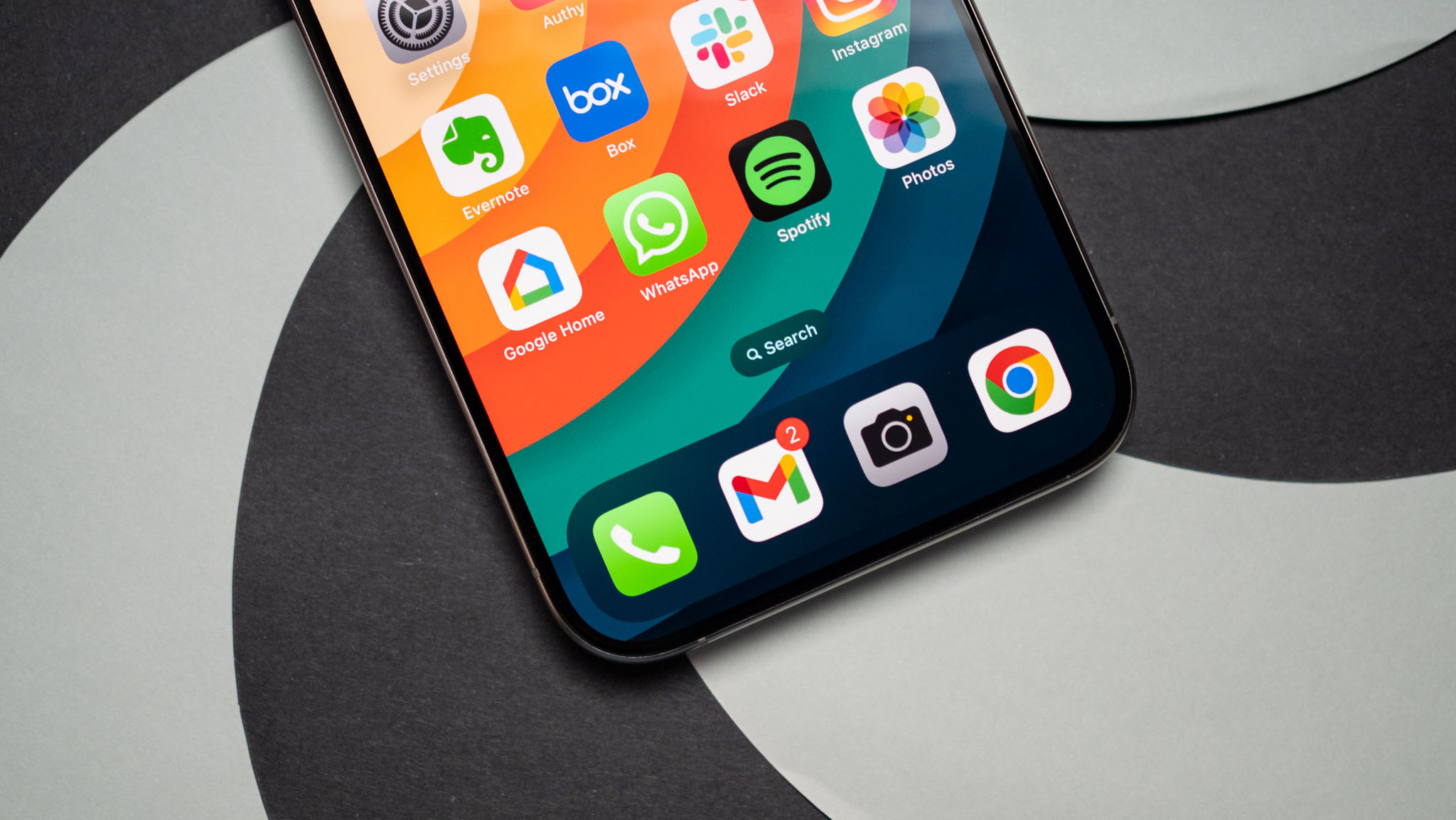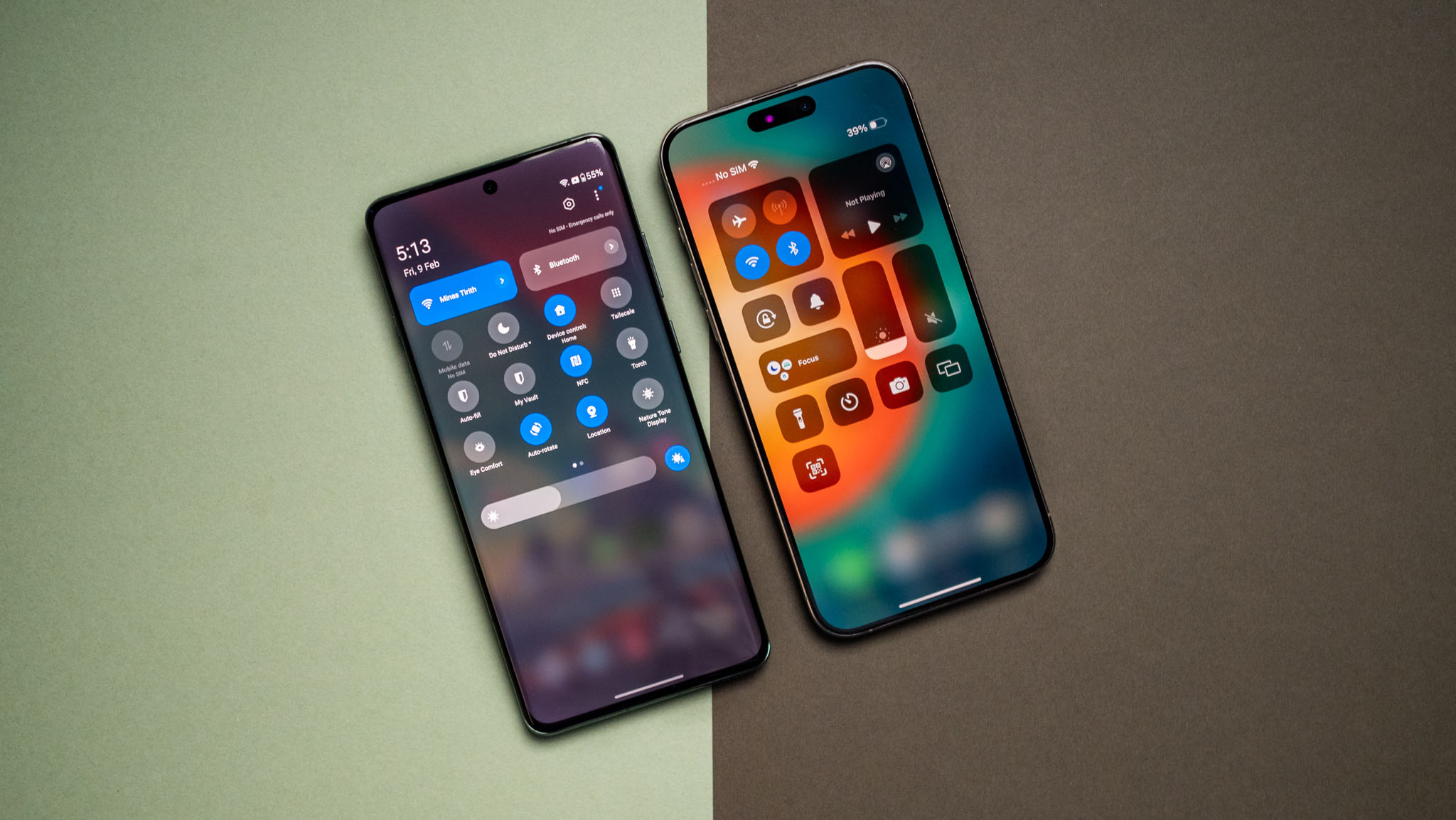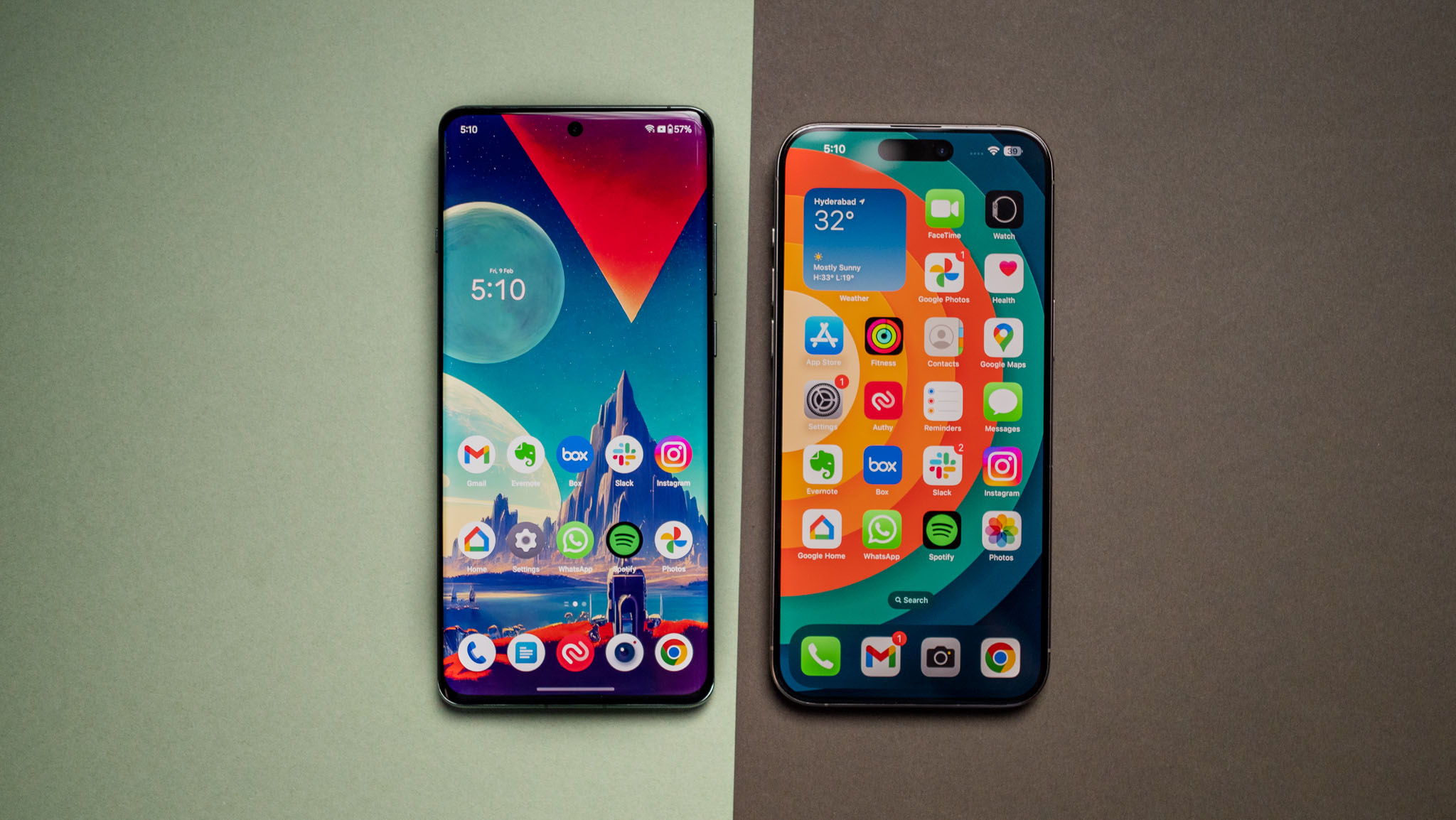Apple's policy changes aren't good enough for the EU — iOS might get closer to Android
It looks like the European Commission won't stop until iOS is wide open

What you need to know
- The European Union's Digital Markets Act, which took effect earlier this year, aims to improve competition and interoperability among big tech companies.
- Apple made a few policy changes in the EU to attempt to comply with the DMA. However, the EU started investing Google, Meta, and Apple for possible noncompliance in March.
- Now, a preliminary report explains how the EU wants Apple to change iOS — and it sounds a lot like Android.
When the European Union's long-awaited Digital Markets Act (DMA) took effect earlier this year, it caused an industry-wide shakeup among big tech companies. Since the law is new and has many subjective elements, some companies didn't appear entirely sure how to comply with the DMA. After reviewing their compliance plans, the EU formally announced an investigation into potential noncompliance by Meta, Alphabet (Google), and Apple in March 2024.
The legislation primarily covers the biggest tech corporations that operate in the EU, dubbed "gatekeepers." These are Alphabet, Amazon, Apple, ByteDance, Meta, and Microsoft for now, but that list could expand in the future. Gatekeepers are bound by certain DMA requirements, including the requirement that their specific "core platform services" must be cross-platform.
In an attempt to comply with the DMA, Apple made various changes to iOS and the App Store in the EU. Alternative app stores and third-party default browsers were added to the iPhone's operating system for the first time. Additionally, the App Store rules were overhauled, adding alternative payment processors and allowing steering practices.
However, the company also added a Core Technology Fee of "€0.50 for each first annual install per year over a 1 million threshold." It also added a 3% fee for using Apple's own payment processing system. These charges are part of Apple's "new business terms in the EU." App developers have the choice of sticking with the old terms (which the EU isn't a fan of) or accepting the new terms with new fees. For what it's worth, Apple estimated that 99% of developers would pay the same or less under the new terms.
It's clear that Apple isn't thrilled about the DMA, though. "The changes we’re announcing today comply with the Digital Markets Act’s requirements in the European Union while helping to protect EU users from the unavoidable increased privacy and security threats this regulation brings," said Apple Fellow and App Store chief Phil Schiller in a January 2024 press release. "Our priority remains creating the best, most secure possible experience for our users in the EU and around the world."

The EU disagrees with Apple's claim that it is compliant with DMA requirements in preliminary statements. In a press release shared this week, the European Commission provided details on what areas of the DMA it believes Apple may be violating. The EU also announced that it is opening a new investigation into Apple, this time looking into the company's new business terms, including the Core Technology Fee.
Here's a quick summary of the EU's preliminary opinion of Apple's shortcomings with regard to DMA compliance:
Be an expert in 5 minutes
Get the latest news from Android Central, your trusted companion in the world of Android
- The EU claims that Apple does not allow app developers to "freely" steer their customers outside the Apple ecosystem. It explains that developers can't provide alternative pricing information in their app directly and can't communicate with users in all ways.
- Separately, the EU says Apple's "link-out" method of steering does not fulfill DMA requirements. It adds that Apple's restrictions on this method, including preventing open communication between the developers and users, could potentially represent noncompliance.
- Finally, the EU argues that the "fees charged by Apple go beyond what is strictly necessary" as compensation for customer acquisition on iOS and through the App Store.
These findings are not finalized, and the EU says that Apple will have the chance to defend its position against the claims. On top of this, there is the new inquiry into Apple's contract terms with app developers. For that investigation, the EU will presumably have a full 12-month period to look into potential violations.

It's not hard to predict where this saga is heading, though. Based on the EU's early findings, the Commission wants Apple to open iOS and the App Store more. It wants contract terms and steering permissions that level the playing field, whether a developer wants to go through the App Store directly or use a third party. In other words, the EU wants iOS and the App Store to work a lot like Android already does today.
Is this really competition?

Regardless of whether you agree or disagree with the DMA, there are some parts of the EU's statement that may be alarming. For starters, it seems brazen for the European Commission to claim that Apple charges more than is "strictly necessary" in App Store fees. Sure, the fees are significant, but how is the EU valuing Apple's platforms and user base? When an app is available on the App Store, it immediately gets in front of over a billion devices. That makes it one of the most lucrative platforms on the planet, and it's extremely difficult to put a price on that.
The whole concept that the EU would require companies only to charge what is "strictly necessary" appears to go against the market system we use fundamentally. For example, if it costs a coffee shop about $3 to make my iced latte in materials and overhead, would it be illegal for the shop to charge $10? Of course not. Businesses set their prices, and consumers vote with their wallets on whether the price is reasonable. If it's overpriced, consumers (or, in this case, developers) just won't buy it.
Though I find the EU's logic above suspect, I'll leave that debate up to the lawyers. To me, the bigger question is whether requiring iOS to be a carbon copy of Android is really competition. Is fair competition being able to use an open ecosystem on whichever platform you choose, or is it being able to choose an open ecosystem (Android) or a closed one (iOS)? I've said this before, and I'll say it again: the DMA may end up creating less competition, not more.
Based on the EU's preliminary findings, it looks like the European Commission wants iOS to work like Android. Only time will tell whether that's really what the buyers want.

Brady is a tech journalist for Android Central, with a focus on news, phones, tablets, audio, wearables, and software. He has spent the last three years reporting and commenting on all things related to consumer technology for various publications. Brady graduated from St. John's University with a bachelor's degree in journalism. His work has been published in XDA, Android Police, Tech Advisor, iMore, Screen Rant, and Android Headlines. When he isn't experimenting with the latest tech, you can find Brady running or watching Big East basketball.
You must confirm your public display name before commenting
Please logout and then login again, you will then be prompted to enter your display name.
